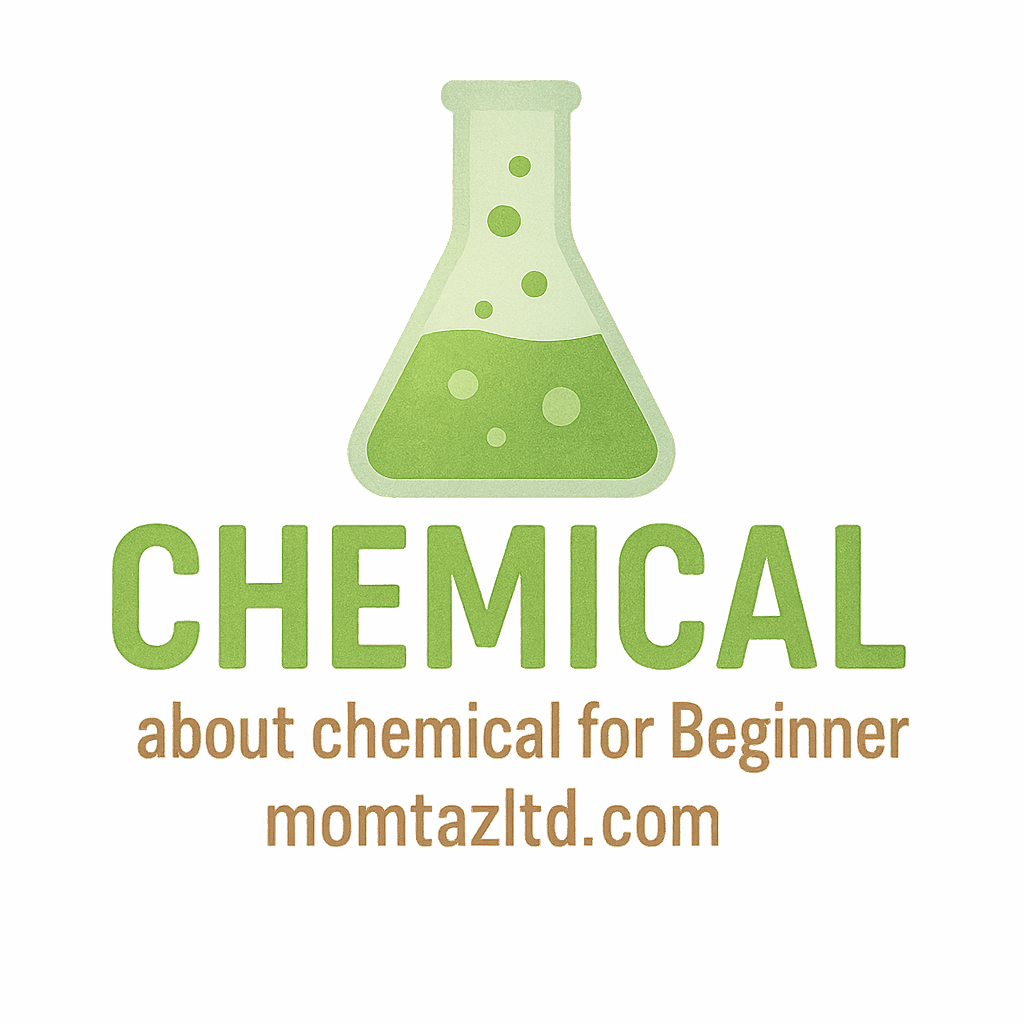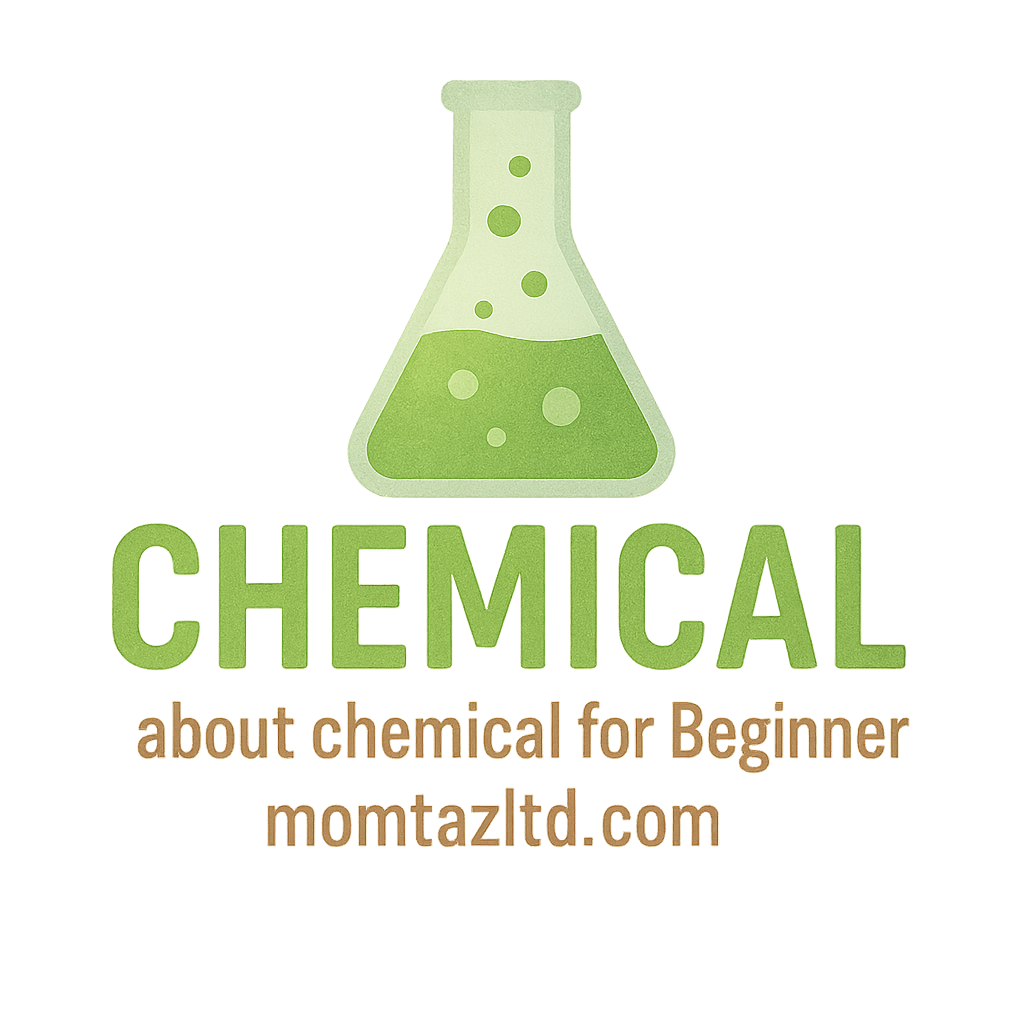Introduction
Industrial chemicals are an essential part of our daily lives, even if we don’t always realize it. From the moment you wake up and brush your teeth to your commute to work, you interact with various industrial chemicals. These chemicals play a crucial role in the manufacturing of countless products, many of which we use every day. In this article, we’ll dive into 10 industrial chemical uses you see every day, helping you understand the unseen impact of these chemicals on your daily routine.
What Are Industrial Chemicals?
Understanding Industrial Chemicals
Industrial chemicals are substances or compounds that are produced for use in industrial processes. They are not only utilized in manufacturing products but also play key roles in everyday life. Some chemicals are natural, while others are synthetic. Whether it’s to enhance products, increase efficiency, or ensure safety, industrial chemicals are indispensable.
Why Are They Important in Everyday Life?
Without industrial chemicals, modern life as we know it wouldn’t be possible. They make essential tasks easier, improve product durability, and even contribute to our health and safety. These chemicals are present in so many items that it would be impossible to list them all here. However, we will highlight the 10 most common ones you interact with daily.
1. Household Cleaners
The Role of Industrial Chemicals in Cleaning Products
One of the most obvious uses of industrial chemicals is in household cleaning products. Chemicals like detergents, disinfectants, and air fresheners are manufactured to make cleaning more effective. These chemicals break down dirt and grime, kill bacteria, and leave surfaces sparkling clean.
Common Chemicals in Household Cleaners
Common chemicals used in household cleaners include bleach, ammonia, and hydrogen peroxide. These chemicals are formulated to clean everything from countertops to floors and even your laundry. They break down oils, grease, and dirt, making it easier for us to keep our homes spotless.
Read more on Household Chemicals
2. Food Preservation
Chemicals Used in Food Processing
Food preservation is another area where industrial chemicals are heavily involved. Certain chemicals help maintain the freshness, color, and nutritional value of food products. These chemicals are added to extend shelf life, ensure food safety, and enhance flavors.
How Industrial Chemicals Help Preserve Food
Sodium benzoate, citric acid, and sulfur dioxide are some chemicals commonly found in processed food. These preservatives help to prevent spoilage, bacterial growth, and discoloration, ensuring that your food remains safe to consume for a longer period.
Learn more about Chemicals in Food Processing
3. Water Treatment
Industrial Chemicals in Drinking Water Treatment
Water treatment is another sector where industrial chemicals play a crucial role. Chemicals are used in water purification to remove contaminants, bacteria, and impurities, ensuring the water is safe to drink and use.
Key Chemicals Used in Water Purification
Chlorine, alum, and sodium hydroxide are just a few of the chemicals commonly used in water treatment. Chlorine is often used to disinfect water, while alum helps to remove suspended particles, and sodium hydroxide adjusts the pH levels of water.
Explore Chemical Water Treatments

4. Pharmaceuticals
Industrial Chemicals in Medicine Production
The pharmaceutical industry relies on industrial chemicals for the creation of medications, vaccines, and other medical products. Chemicals are used to form the active ingredients and to ensure the stability and safety of the products.
How Chemicals Shape Your Health Products
From aspirin to antibiotics, industrial chemicals are the backbone of modern medicine. Active ingredients like acetaminophen, ibuprofen, and various antibiotics are formulated using industrial chemicals, which help target specific health issues efficiently.
Check out more on Industrial Chemicals in Medicine
5. Agriculture and Fertilizers
Chemicals in Fertilizers and Pesticides
The agricultural sector uses various industrial chemicals, particularly in fertilizers and pesticides. These chemicals help to increase crop yield, improve soil quality, and protect crops from pests and diseases.
The Benefits of Agricultural Chemicals
Fertilizers like ammonium nitrate and phosphorus compounds provide essential nutrients to plants, while pesticides protect them from insects and other harmful organisms. These chemicals are crucial for feeding the global population and ensuring food security.
Discover More About Agricultural Chemicals
6. Cleaning and Sanitizing in Hospitals
The Role of Industrial Chemicals in Medical Settings
Hospitals and medical facilities rely heavily on industrial chemicals for sanitation and infection control. Chemicals like disinfectants and antiseptics are used to clean surfaces, sterilize instruments, and prevent the spread of infections.
Hospital Sanitation: Why It Relies on Chemicals
From the cleaning of hospital floors to sterilizing surgical equipment, industrial chemicals play a key role in maintaining a safe and sterile environment. Chlorhexidine, iodine solutions, and alcohol-based cleaners are common in hospitals to kill harmful microbes.
Explore Chemical Safety in Healthcare
7. Paints and Coatings
The Chemical Process Behind Paints
Paints and coatings, essential for both residential and industrial applications, are formulated using a variety of industrial chemicals. These chemicals help achieve the desired texture, color, and durability of the paint.
Common Chemicals in Paints and Coatings
Titanium dioxide, acrylics, and resins are commonly used in paints to provide opacity, gloss, and stability. Industrial chemicals in paints ensure that the color stays vibrant and that the paint adheres well to various surfaces.
Learn More About Chemicals in Paints
8. Personal Care Products
The Chemistry Behind Skincare and Cosmetics
Your everyday skincare products and cosmetics are made possible by industrial chemicals. From moisturizers to deodorants, chemicals help improve the texture, fragrance, and longevity of these products.
Key Chemicals in Everyday Beauty Products
Parabens, sulfates, and retinol are examples of chemicals commonly found in personal care products. These chemicals help to clean, exfoliate, and nourish your skin, ensuring that you can enjoy healthy, radiant skin.
Find Out More About Chemicals in Cosmetics
9. Textiles and Fabrics
Industrial Chemicals in Fabric Manufacturing
Industrial chemicals also play an important role in the textile industry. They are used to treat, dye, and preserve fabrics, ensuring that clothes and upholstery remain in good condition over time.
The Chemical Treatment of Clothes
From stain-resistant finishes to color-fast dyes, industrial chemicals are used to improve the performance and appearance of textiles. Chemicals like formaldehyde are also used in the production of wrinkle-resistant fabrics.
Explore More on Industrial Chemicals in Textiles
10. Construction Materials
The Use of Chemicals in Concrete and Asphalt
In the construction industry, industrial chemicals are vital in the creation of strong, durable materials like concrete and asphalt. These materials are used for roads, buildings, and other structures.
How Chemicals Improve Construction Materials
Additives like superplasticizers are used to improve the workability and strength of concrete, while chemicals like bitumen are essential in asphalt production. These chemicals ensure that construction materials withstand heavy use and extreme weather conditions.
Learn More About Chemicals in Construction
Conclusion
Industrial chemicals have become a central part of modern life, often working behind the scenes to make our daily routines more efficient, comfortable, and safer. From the foods we eat to the clothes we wear, industrial chemicals are involved in countless processes that we rely on every day. By understanding their role, we gain a greater appreciation for the innovations and improvements that chemicals bring to our lives.
FAQs
- What are industrial chemicals?
Industrial chemicals are substances used in various industries, such as manufacturing, agriculture, and healthcare, to create products or facilitate processes. - Are industrial chemicals safe?
While many industrial chemicals are safe when used properly, others can be hazardous. It’s important to follow safety guidelines and regulations. - What chemicals are in household cleaners?
Common chemicals include bleach, ammonia, hydrogen peroxide, and surfactants, which help clean and disinfect surfaces. - How do chemicals preserve food?
Chemicals like preservatives, antioxidants, and acids help to slow down the spoilage of food by preventing bacterial growth and maintaining flavor. - What chemicals are used in water treatment?
Chlorine, alum, and sodium hydroxide are often used in water treatment to disinfect, purify, and adjust pH levels. - How do industrial chemicals impact the environment?
While they provide many benefits, some industrial chemicals can be harmful to the environment if not handled properly. Sustainable practices are key to minimizing their negative impact. - What chemicals are used in personal care products?
Ingredients such as parabens, sulfates, and retinol are commonly used in skincare and cosmetics to improve product performance and safety.


